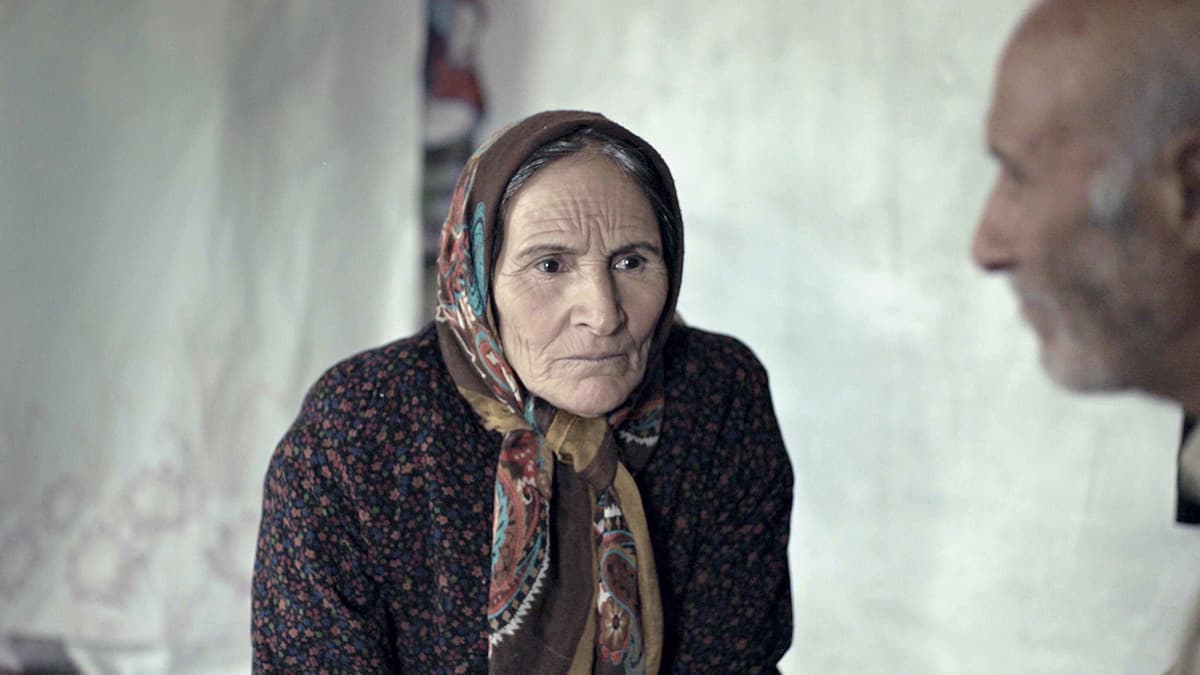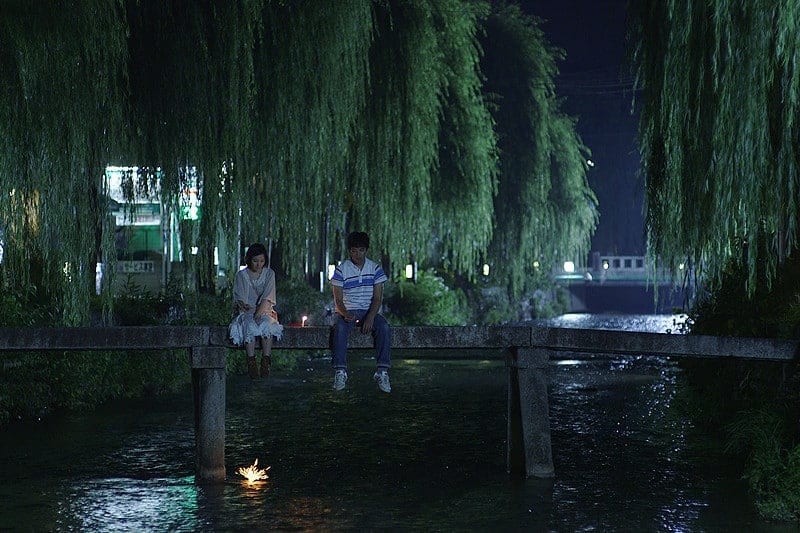“No end to this torment/
I cry into the night.”
Ever since India became independent in 1947, the Kashmir region has been a place defined by war and conflict. Even though the ceasefire agreement between Pakistan and India has brought an end to some of the turmoils, the wounds these have left behind are more than visible in the faces of people, their families and the landscape itself. To make a film about the notion of innocence seems impossible considering Kashmir's past, but this concept initially attracted Indian director Aijaz Khan to the region as the setting for his third feature film. In a statement published on the homepage of Business Standard, Khan states how innocence may transform people and even regions, a reminder of the losses of past conflicts and the kind of qualities which may unite us all in the end.
Originally based on a play by Mohd Amin Bhat, one of the first, and perhaps most important inspirations for the film was a line of dialogue one of his friends from Kashmir told him over the phone. The dialogue about the number 786 as the supposed number for calling Allah directly has found its way into the movie with Hamid (Talkha Arshad Reshi) seeing it as the only way to bring back his father. Apart from that, shooting the film in Kashmir provided a visually stunning background to the story, one which Kahn insisted on keeping as authentic as possible, also casting actors and actresses from the region for the film.
“Hamid” screened at Mumbai Film Festival

After his father has been missing for more than a year, the uncertainty of his fate along with the fear of the inevitable news of his death has deeply shaken the family of Hamid. While his mother Ishrat (Rasika Dugal) tries to cover her exhaustion and pain going to the police station and hoping to receive good news about her husband's whereabouts, Hamid finds himself equally helpless. Since he also feels guilty for his father's disappearance, he jumps at the chance of contacting Allah to ask for this father to return. An advert along with the statement from one of his friends tell him to call 786, a number associated with Allah, and eventually talk to him.
However, on the other end of the line Abhay (Vikas Kumar), a soldier of the Indian Army stationed in Kashmir, picks up his mobile. First amused by the boy, he finds himself touched by Hamid's story and tries to help as best as he can. But as none of his calls seem to bring any results, Hamid becomes increasingly frustrated and finally endangers himself and his mother.
Even though the title might suggest otherwise, the story of “Hamid” focuses on three characters: Hamid, Ishrat and Abhay. As each one has their own perspective on the conflict, one closely linked to loss, grief and growing feeling of powerlessness, Aijaz Khan and scriptwriter Ravinder Radvha manage to create a touching, often quite intense diagnosis on the kind of wounds the past has caused. While Reshi plays a child forced to grow up and suffer from the unspoken accusations of his mother, both Abhay and Ishrat have found their own way of dealing with a situation they find absurd, often bizarre and frustrating. The routine of going to the police station and picking up the folder with her husband's papers only prolongs the illusion, whereas anger and an unpredictable temper masks the growing sense of emotional distance the Indian soldier feels.

Undoubtedly, the conflict has left its wounds, cuts and bruises on people, as well as the world they live in. John Wilmor, who also photographed Khan's “Baankey Ki Crazy Baraat” (2015), shows a country framed by an uncomfortable silence emphasized by its great beauty. In fact, the latter aspect seems almost a kind of mockery to the kind of suffering some of the characters go through.
On another level, the kind of apathy as a consequence to past acts of violence and the present level of uncertainty have resulted in a shattered state of human interaction. While mother and son seem to be miles apart, although they share the same roof, Abhay's temper and anger have made him immune to the outside world, a state he feels most comfortable with until Hamid's call reminds him of the consequences of violence.

In the end, “Hamid” is a film about innocence, as its director intended, but also a reminder of the links which make us human, about pity and grief. It is a film with many great performances and beautiful images, offering an emotional perspective on the nature of a conflict, and its terrible repercussions.
Sources:
1) Pandya, Snal (2018) Aijaz Khan: Wanted to keep Hamid as authentic as possible
www.cinestaan.com/articles/2018/oct/17/16312/aijaz-khan-wanted-to-keep-hamid-as-authentic-as-possible, last accessed on: 12/12/2018
2) IANS (2018) ‘Hamid' talks about innocence in strife-torn Kashmir: Director
wap.business-standard.com/article-amp/news-ians/hamid-talks-about-innocence-in-strife-torn-kashmir-director-118101100754_1.html, last accessed on: 12/12/2018















